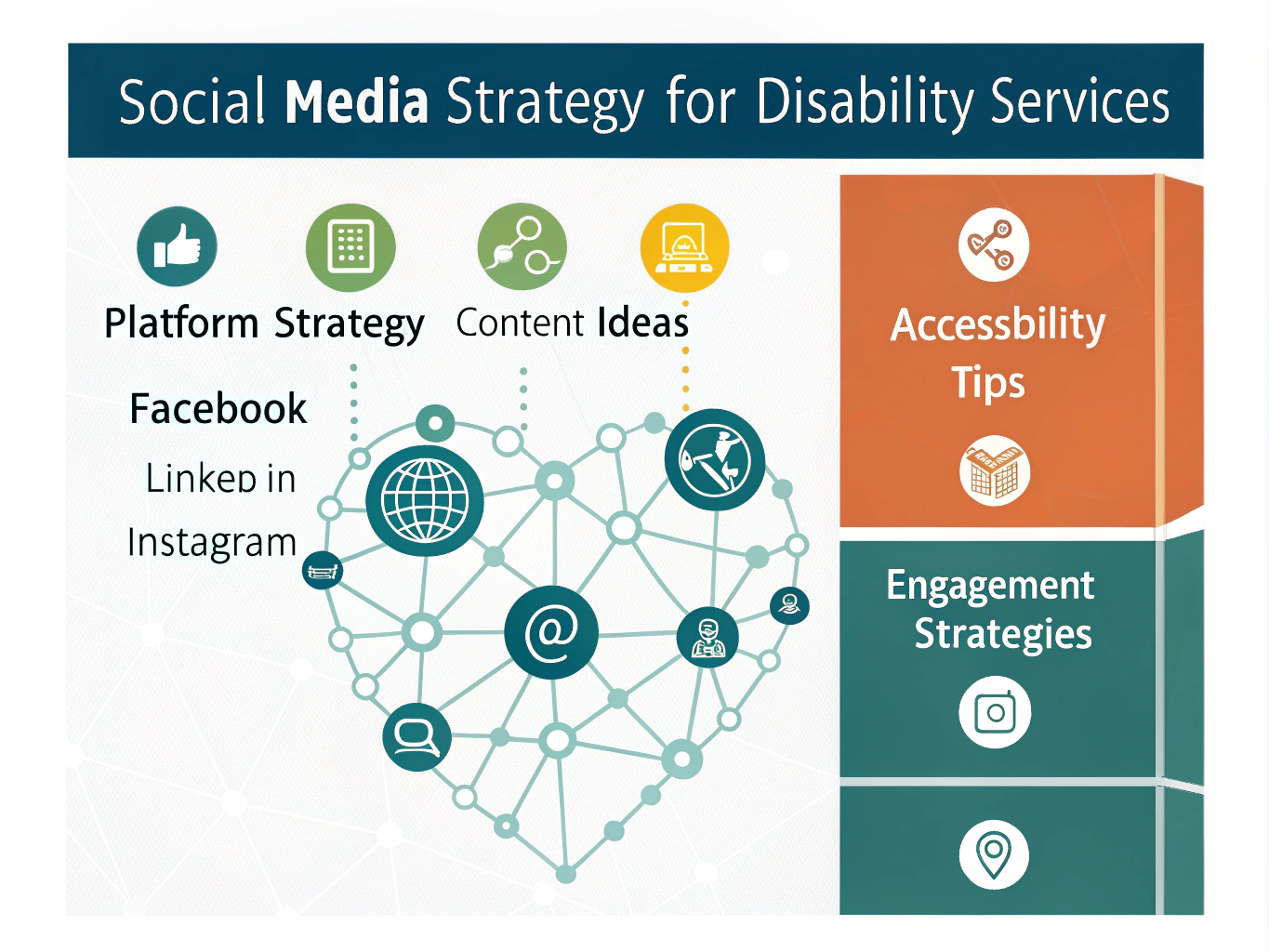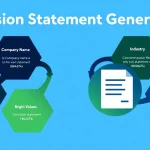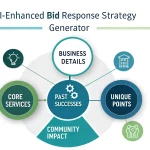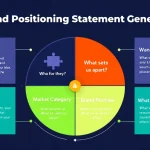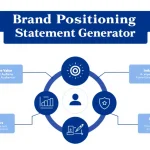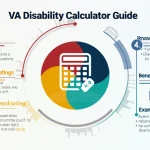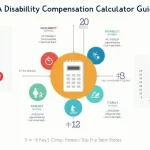Social Media Strategy Generator
Generating strategy...
Is this tool helpful?
How to Use the Social Media Strategy Generator Effectively
This Social Media Strategy Generator helps you build a clear and targeted plan for your disability service business’s social media presence. Follow these steps to get the most from the tool:
1. Enter Your Service Business Name
Provide your company’s name to personalize your social media strategy. For example, use “AbilityPath Services” or “Empower Access Solutions.” These examples represent unique brands focused on disability support.
2. Write Your Mission Statement
Summarize your business’s purpose in a few sentences. The mission guides the tone and goals of your social media content. Try phrases like:
- “To deliver personalized job coaching and vocational training for individuals with disabilities to thrive professionally.”
- “To enhance mobility and independence through innovative assistive technologies and community support.”
3. List Your Core Services
Clearly describe the main services you offer. Include details that highlight your unique value. For example, you might enter:
- Personalized vocational assessments and coaching
- Community integration and support programs
- Assistive technology installation and training
- Workplace accommodations consulting
4. Describe Your Target Audience
Identify the groups you want to reach with your social media efforts. Examples include:
- Young adults with physical disabilities and their families
- Employers and HR professionals focused on accessibility
5. Choose Your Preferred Social Media Platforms
Optionally specify the platforms where you want to focus your efforts. For instance, “TikTok, YouTube, Facebook” or “LinkedIn, Twitter.” The generator tailors suggestions accordingly but can also provide multi-platform strategies.
6. Generate Your Custom Strategy
Click the “Generate Social Media Strategy” button after filling all required fields. The tool processes your inputs and creates a strategy aligned with your business focus and audience.
7. Review and Implement
Read the generated recommendations carefully. Use the strategy to shape your content calendar, engagement tactics, and platform-specific campaigns. You can copy the output for easy sharing and future reference.
About the Social Media Strategy Generator for Disability Service Businesses
This tool creates personalized social media strategies tailored to businesses providing services for people with disabilities. It helps you build awareness, engage your target audience, and grow your online presence effectively without requiring in-depth marketing knowledge.
Purpose and Benefits
- Generates clear, actionable strategies based on your business’s mission and key services
- Provides platform-specific content ideas and engagement tactics
- Supports building inclusive online communities
- Saves time by streamlining your social media planning process
- Includes suggestions for awareness campaigns and ongoing optimization
Key Features
- Tailored social media content recommendations
- Audience-focused engagement strategies
- Multi-platform approach including Facebook, Instagram, LinkedIn, Twitter, and more
- Campaign ideas to increase visibility and reach
- Analytics insights to help optimize performance
Practical Uses and Examples for Disability Service Providers
Launching a New Disability Support Program
If you’re starting a program like “Pathway to Independence” that offers life skills training, the generator can suggest:
- Facebook posts highlighting program success stories
- Instagram Reels demonstrating skill-building activities
- Twitter chats with disability advocates to raise awareness
- LinkedIn articles targeting healthcare professionals and partners
Expanding Your Services to a New Region
For a business extending services like “TechAccess Solutions” to a new city, the tool may recommend:
- Geotargeted social media advertising on Facebook and Instagram
- Collaboration posts with local disability organizations
- Location-specific hashtags for greater local engagement
- Spotlights on new team members in the new region
Promoting an Accessibility App
If you develop an app such as “AccessGuide” offering accessibility information, expect ideas like:
- Short tutorial videos for TikTok and Instagram Stories
- User stories highlighting app benefits
- Partnerships with accessibility influencers for app reviews
- LinkedIn outreach targeting businesses aiming to improve inclusion
Frequently Asked Questions About Social Media for Disability Services
How often should I post on social media for my disability service business?
- Facebook: 3 to 5 times per week
- Instagram: 4 to 7 times per week
- LinkedIn: 2 to 5 times per week
- Twitter: 5 to 10 times per week
Maintain a consistent schedule instead of posting frequently then going silent.
How can I make my social media content more accessible?
- Use descriptive alt text for all images
- Caption videos to support viewers with hearing impairments
- Choose simple, clear hashtags
- Limit emojis and special characters to avoid confusion
- Use readable fonts and maintain good color contrast
What types of content work best for disability service providers on social media?
- Educational posts explaining disabilities and support methods
- Client success stories and testimonials
- Daily living tips for people with disabilities
- Updates on assistive technology and innovations
- Behind-the-scenes content showcasing your team
- Infographics with statistics or legal rights information
- Interactive Q&A sessions addressing common questions
How do I measure success with my social media strategy?
- Engagement rates including likes, shares, and comments
- Growth in followers across platforms
- Reach and impression metrics
- Click-through rates on linked content
- Conversions such as website visits or contact form submissions
- Sentiment analysis of audience feedback and interactions
Important Disclaimer
The calculations, results, and content provided by our tools are not guaranteed to be accurate, complete, or reliable. Users are responsible for verifying and interpreting the results. Our content and tools may contain errors, biases, or inconsistencies. Do not enter personal data, sensitive information, or personally identifiable information in our web forms or tools. Such data entry violates our terms of service and may result in unauthorized disclosure to third parties. We reserve the right to save inputs and outputs from our tools for the purposes of error debugging, bias identification, and performance improvement. External companies providing AI models used in our tools may also save and process data in accordance with their own policies. By using our tools, you consent to this data collection and processing. We reserve the right to limit the usage of our tools based on current usability factors.
